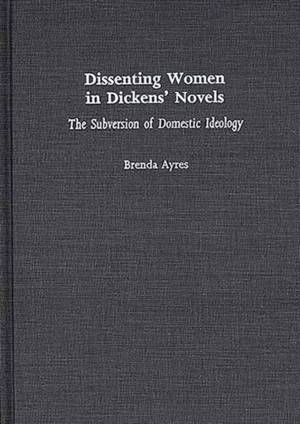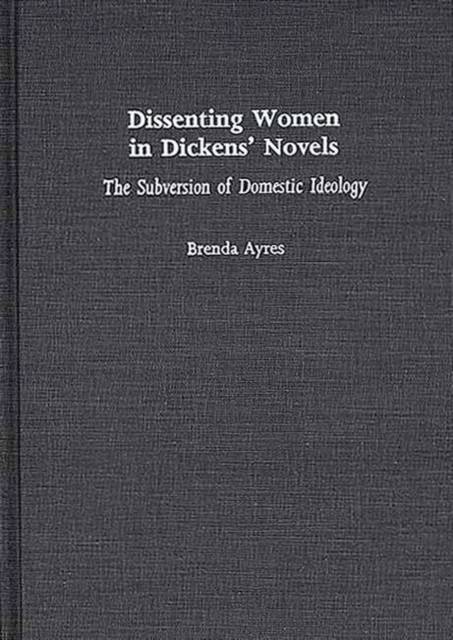
- Retrait gratuit dans votre magasin Club
- 7.000.000 titres dans notre catalogue
- Payer en toute sécurité
- Toujours un magasin près de chez vous
- Retrait gratuit dans votre magasin Club
- 7.000.0000 titres dans notre catalogue
- Payer en toute sécurité
- Toujours un magasin près de chez vous
Description
Given their pedagogical nature, many Victorian novels are highly politicized; their narratives are filtered through the value schemes, social views, and conscious purposes of their authors. Victorian women were largely expected to dedicate themselves to the social and moral betterment of their families. Women were expected to be soft, meek, quiet, modest, submissive, gentle, patient, and spiritual; men were supposed to be aggressive, assertive, resilient, disciplined, and competitive. These expectations were repeatedly endorsed through the conduct books of the period, which encouraged people to adhere to proper behavior. The Victorian era also viewed fiction as a didactic tool and as a means to propagate morality. Thus novels of the period typically present women as subordinate to men and as angels of the home. Women who conform to the social norms are usually rewarded in these fictitious worlds, whereas women who violate society's standards are often penalized.
Certainly the novels of Charles Dickens fall into the larger didactic trend of Victorian fiction, and like other works of the period, his novels overtly support the conventional values of Victorian society. Dickens typically uses descriptive detail to register approval or disapproval of certain women, and these women are rewarded or chastized through his plots. But on a less obvious level, Dickens also challenges the prevailing Victorian attitude toward women. A close look at his works shows that patriarchs do not automatically deserve the respect they command from their privileged social positions. Women--however virtuous--are unable to produce moral or social change, and many women succeed outside the constraints of domesticity. This book provides a penetrating analysis of how Dickens' novels ultimately fail to promote the conventional Victorian behavioral ideal for women and discusses how his works subvert the domestic ideology of the nineteenth century.Spécifications
Parties prenantes
- Auteur(s) :
- Editeur:
Contenu
- Nombre de pages :
- 200
- Langue:
- Anglais
- Collection :
- Tome:
- n° 168
Caractéristiques
- EAN:
- 9780313307638
- Date de parution :
- 30-07-98
- Format:
- Livre relié
- Format numérique:
- Genaaid
- Dimensions :
- 163 mm x 241 mm
- Poids :
- 485 g

Les avis
Nous publions uniquement les avis qui respectent les conditions requises. Consultez nos conditions pour les avis.






